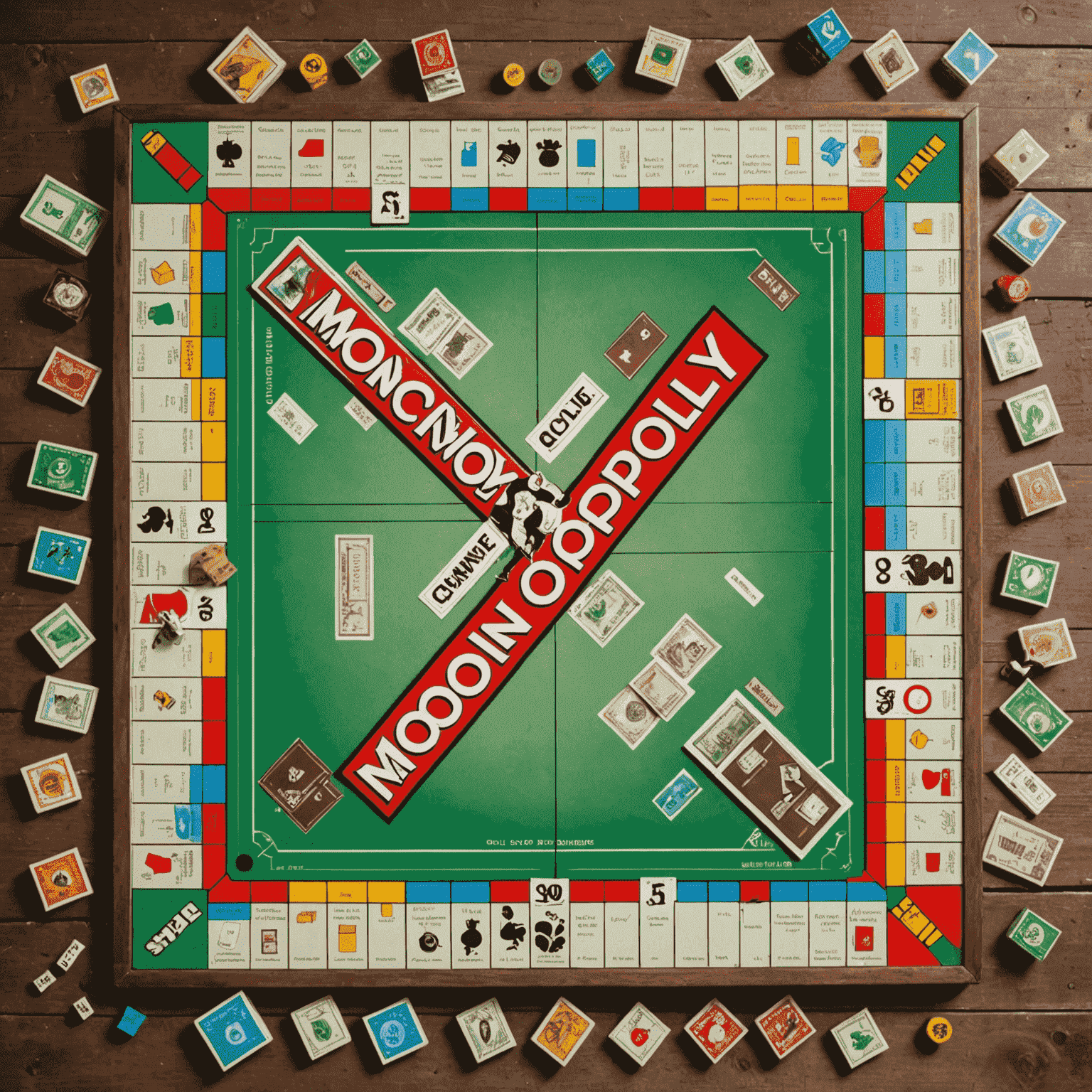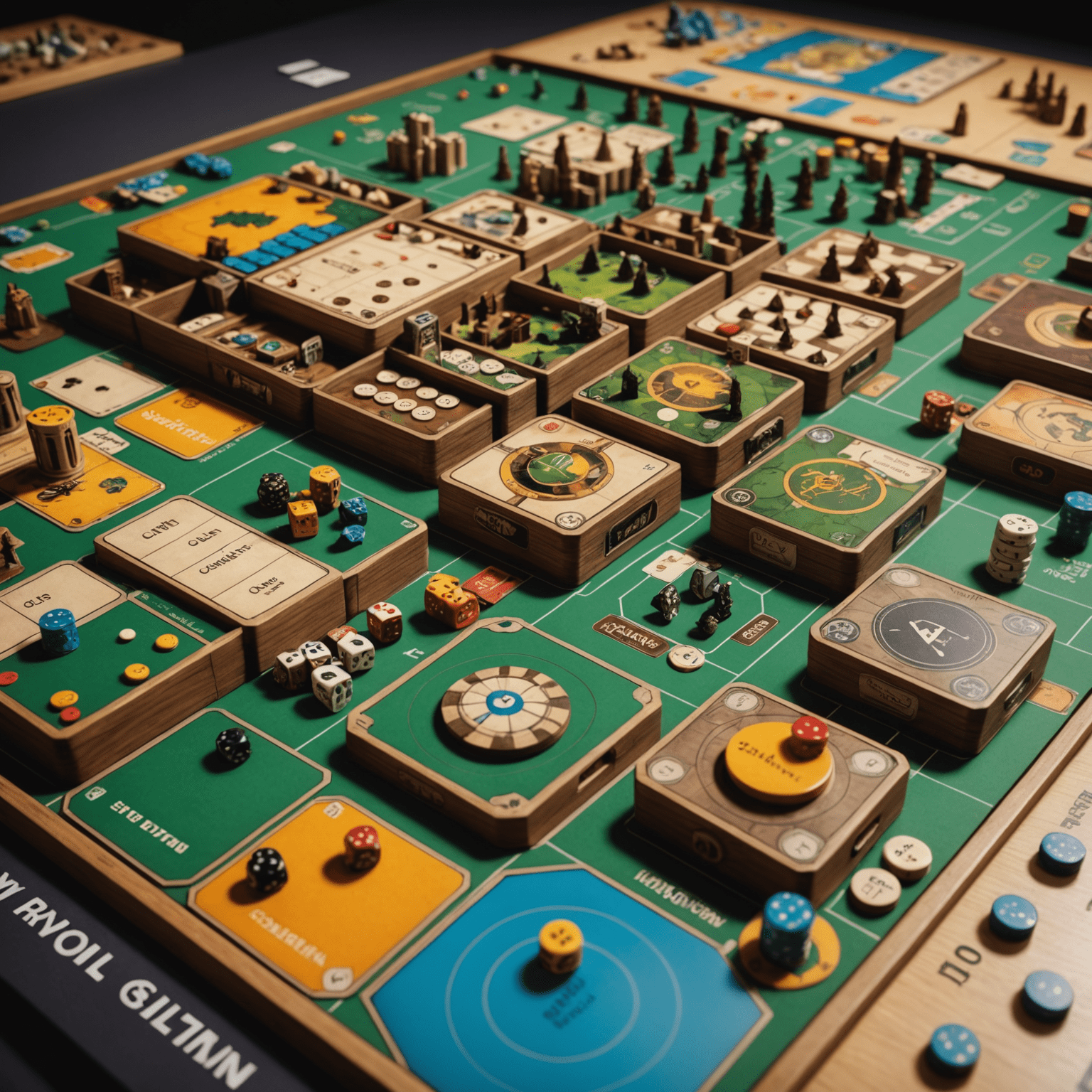From Classic to Modern: The Evolution of Board Games

Board games have been a cornerstone of human interaction and entertainment for millennia, evolving from simple ancient pastimes to complex modern strategy games. This journey through time showcases how board games have adapted to reflect our changing society, technology, and gaming preferences.
Ancient Classics
The story of board games begins in ancient civilizations. Games like Senet in Egypt and the Royal Game of Ur in Mesopotamia date back over 5000 years. These games often had religious significance and were believed to represent the journey of the soul. Chess, originating in India around the 6th century, spread across the world and became known as the "Game of Kings" for its strategic depth.
The Industrial Revolution and Mass Production
The 19th and early 20th centuries saw an explosion in board game production. Games like Monopoly (1935) and Scrabble (1948) became household names, reflecting the capitalist ethos and educational values of their time. These games brought families together and became a staple of home entertainment.

The Golden Age of Board Games
The late 20th century ushered in what many consider the golden age of board games. European-style games, often referred to as "Eurogames," gained popularity. Titles like Settlers of Catan (1995) introduced new mechanics and themes, focusing on resource management and indirect player conflict. These games emphasized strategy over luck and often featured historical or economic themes.
The Modern Renaissance
Today, we're experiencing a board game renaissance. Crowdfunding platforms like Kickstarter have democratized game design, allowing independent creators to bring innovative ideas to life. Games like Gloomhaven and Pandemic Legacy have pushed the boundaries of what board games can be, introducing campaign-style play and evolving narratives.

The Digital Influence
While digital games have become ubiquitous, they've also influenced board game design. Many modern board games incorporate apps or digital components, enhancing gameplay without losing the tactile, social experience that makes board games unique. Games like Chronicles of Crime blend physical components with digital storytelling, creating hybrid experiences.
The Future of Board Games
As we look to the future, board games continue to evolve. Virtual and augmented reality technologies are beginning to merge with traditional board game experiences. Sustainability is becoming a key concern, with many publishers exploring eco-friendly materials and production methods. The rise of board game cafes and dedicated gaming spaces is creating new social hubs, reinforcing the communal aspect of gaming.
From ancient Egyptian tombs to modern living rooms, board games have been a constant companion in human recreation. They reflect our history, challenge our minds, and bring us together. As technology advances and society changes, board games will undoubtedly continue to adapt, offering new ways to play, connect, and compete. The evolution of board games is far from over – it's an ongoing story of innovation, creativity, and the timeless human desire to play.